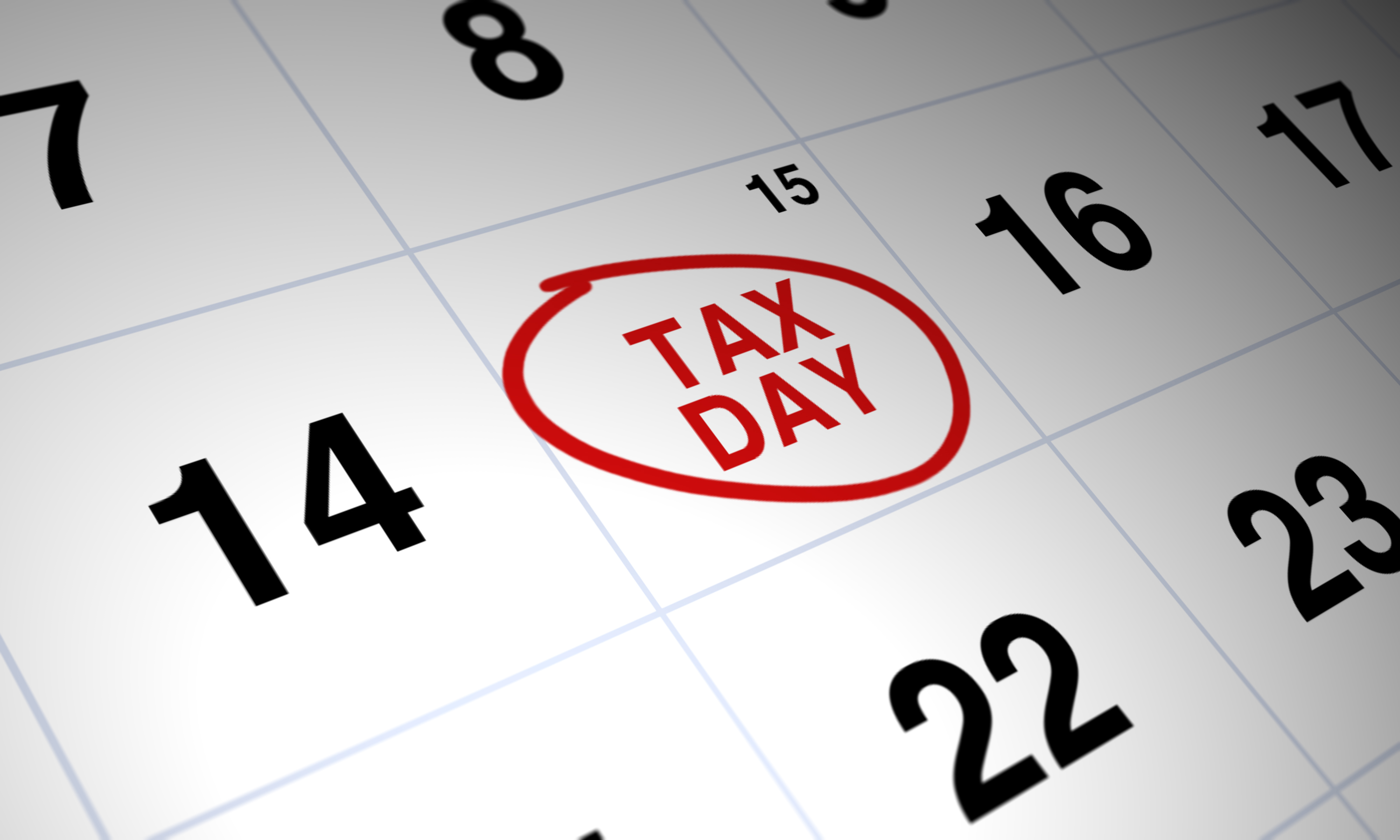
Tax Day 2025 is right around the corner, and some taxpayers may be scrambling to get their tax returns filed by the April 15 federal deadline.
If you have yet to file your 2024 federal income tax return (and pay any tax due), you should do so or else you’ll miss the tax deadline. It should be noted that some taxpayers impacted by natural disasters and severe storms have an extended deadline. For instance, this year, folks in several states like North Carolina and Florida have until May 1 to file and pay their taxes, according ot the IRS.
(For more on extended deadlines, see our related article: States With 2025 IRS Tax Deadline Extensions)
You don’t want to wait until the last minute to file or pay your taxes and accidentally incur unwanted penalties. But if you think you’ll be racing against the clock, you ought to at least know when that last minute arrives.
Paper returns – Postmark rules
Some people still fill out paper tax forms. If they owe any money with their return, they may write a paper check to the IRS for the amount due. If that's you, make sure the envelope is postmarked by April 15.
But don't expect your post office to stay open until midnight on Tax Day as they used to years ago (sometimes with bands playing and snacks available). Get there before their regular hours expire if you are hand-delivering your return at the postal counter.
According to the U.S. Postal Service (USPS), the IRS considers a tax return filed on time if it is addressed accurately, has enough postage, and is postmarked by the due date.
For more information, see Is the Post Office Open Late on Tax Day?
E-filed returns – The stroke of midnight
If you are filing an electronic return, as most people do, you must e-file your tax forms by midnight on Tax Day.
However, don't wait until 11:59 p.m. to click the submit button. It can take a few minutes for your return to be successfully transmitted to the IRS and that delay can cause you to miss the deadline.
You can pay the IRS if you owe taxes, electronically. It's easy using the IRS's Direct Pay service (payment directly from a bank account); the Electronic Federal Tax Payment System; or a credit card, debit card or digital wallet like PayPal (processing fees may apply). Go to the IRS's "Pay Online" webpage to get started.
This year, some lawmakers are pushing legislation that aims to protect last-minute electronic tax filers. The Electronic Filing and Payment Fairness Act ensures that electronic payments or returns submitted by midnight of the due date are considered timely, regardless of whether the IRS receives or processes them on the next business day.
For more on this bipartisan measure, and others that aim to improve taxpayers' experience, see our related story: Legislation Cracking Down on IRS Tax Refund Mail Theft Advances
Tax extensions are available
If you just cannot file your return on Tax Day for whatever reason, you can get a tax filing extension to October 15, 2025. But you have to act on Tax Day to get the extension. You can get an extension by mailing in a paper Form 4868 – postmarked by April 15 – or submitting an electronic version of the form by midnight. You can also get a filing extension by making an electronic tax payment by midnight.
As mentioned, keep in mind that many people in states impacted by storms and natural disasters have extended IRS tax deadlines.
Furthermore, an extension to file doesn't extend the time to pay your tax. If you don't pay the taxes you owe by the end of the day on April 15, you'll owe interest on the unpaid tax. You could also be hit with additional penalties for filing and paying late.
If you can't pay the tax you owe, pay what you can now, and then look into the various tax payment options for any amount left. You can set up a payment plan, make an "offer in compromise," or request a temporary collection delay.
For more information on filing extensions, see How to Get More Time to File Your Tax Return.
State tax returns
Unless you live in a state with no income tax, you probably have to file a state income tax return by the end of the day, too. (Perhaps a local tax return as well.) Most states set their tax return due dates to match up with the federal deadline, but not all of them.
For example, in California, the due date to file your personal income state tax return and pay any owed balance is April 15. However, the Golden State offers an automatic extension until October 15 to file your return, although your payment is still due by the federal deadline of April 15. California also offers a June 17 extended filing and payment date for folks who are traveling or living outside of the state on Tax Day.
This year, some areas of California were also hit by wildfires. Impacted taxpayers may be eligible for an extended deadline to file their federal tax return as they recover important tax documents.
For find your state's tax deadlines – including those for extension requests, estimated payments, and returns for other types of taxes – check with the state tax agency where you live.







